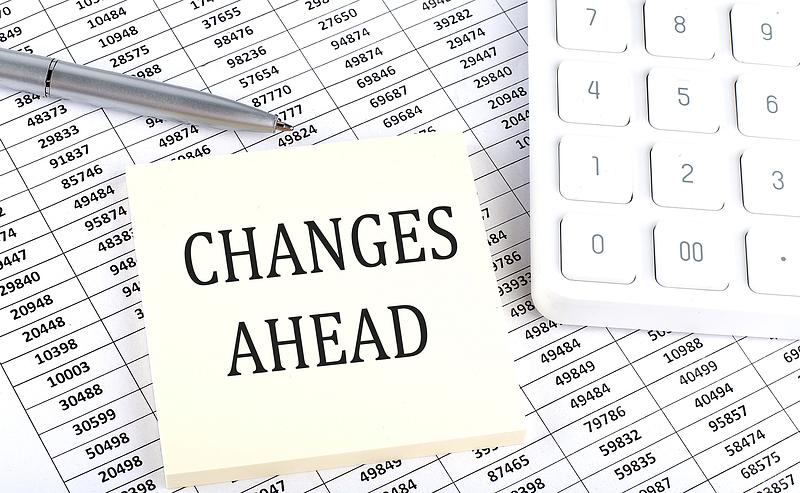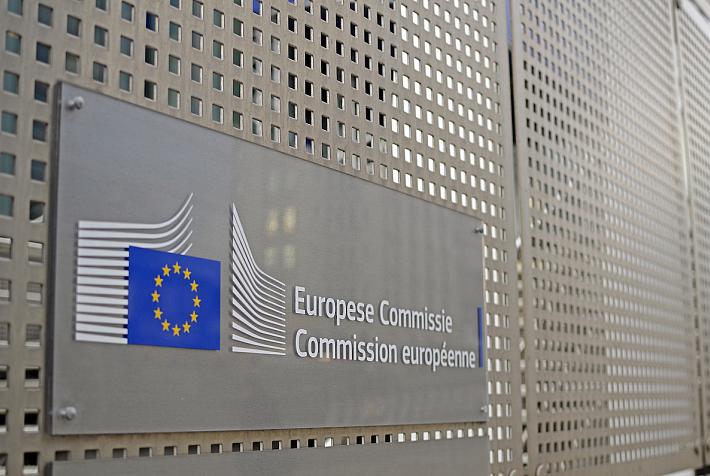Romania's fiscal package: Taxpayers expect higher inflation and more tax evasion

Romanian Social Democrat Prime Minister Marcel Ciolacu promised that the fiscal package will provide more equity for “the honest employees” particularly low-income earners, as well as a larger public budget achieved thanks to higher taxation and less tax evasion to finance better public services.
The promise of fighting tax evasion and optimizing the use of public money is not matched by specific provisions in the bill, though.
The corporate taxpayers surveyed by Ziarul Financiar and the latest feedback from Concordia employers’ organisation indicate significant side-effects such as higher prices (inflation), more incentives for tax avoidance (grey economy) and significant financial problems faced by some economic sectors resulting in overall slower economic growth (hence lower tax revenues).
The employers as well as the economic analysts (admittedly, very few of them, if any, independent and most of them with a bias towards investors, which doesn’t invalidate their argument, though) warn that a second set of amendments to the fiscal regulations will be needed for multiple reasons: weaker then expected impact on boosting revenues; unforeseen impact on some sectors.
The main provisions of the fiscal package, based on the final form of the bill:
- 1% tax on turnover (with some corrections) for companies with a turnover larger than EUR 50mn, if the 16% profit tax is lower
- 2% turnover tax in 2024-2025 and 1% turnover tax starting from 2026 for banks (in addition to the profit tax)
- 0.5% tax on turnover (with some corrections) for companies “active in the oil and gas sectors” and have a turnover above EUR 50mn
- 3% (from 1% before) tax on turnover for the microenterprises with a turnover above EUR 60,000 and for the microenterprises in certain sectors where they are used as fiscal optimization by actual employees
- IT employees will pay income tax for their gross wages above RON 10,000 per month
- the employees in construction and agriculture (food processing included) will pay CASS (health security contribution)
- the excise duty on alcohol and tobacco will increase
- the VAT increases from 5% to 9% for housing, and photovoltaic panels; for products with high sugar content, the VAT increases from 9% to 19%.
- A property tax of 0.3% is levied for buildings with a value above EUR 500,000 and for cars with a value of above EUR 75,000. The tax will apply on the value of the assets above the respective thresholds.
- The Government promises to levy a 70% tax on the incomes “that can not be justified”
(Photo: Iryna Drozd/ Dreamstime)
iulian@romania-insider.com









